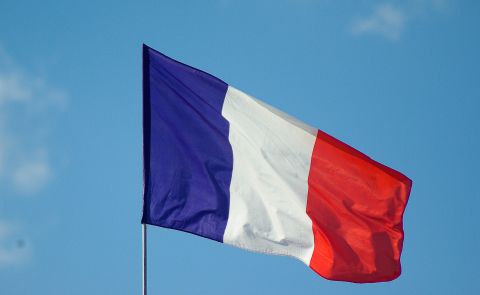
Georgia Fails to Initiate a Draft Resolution on Occupied Territories
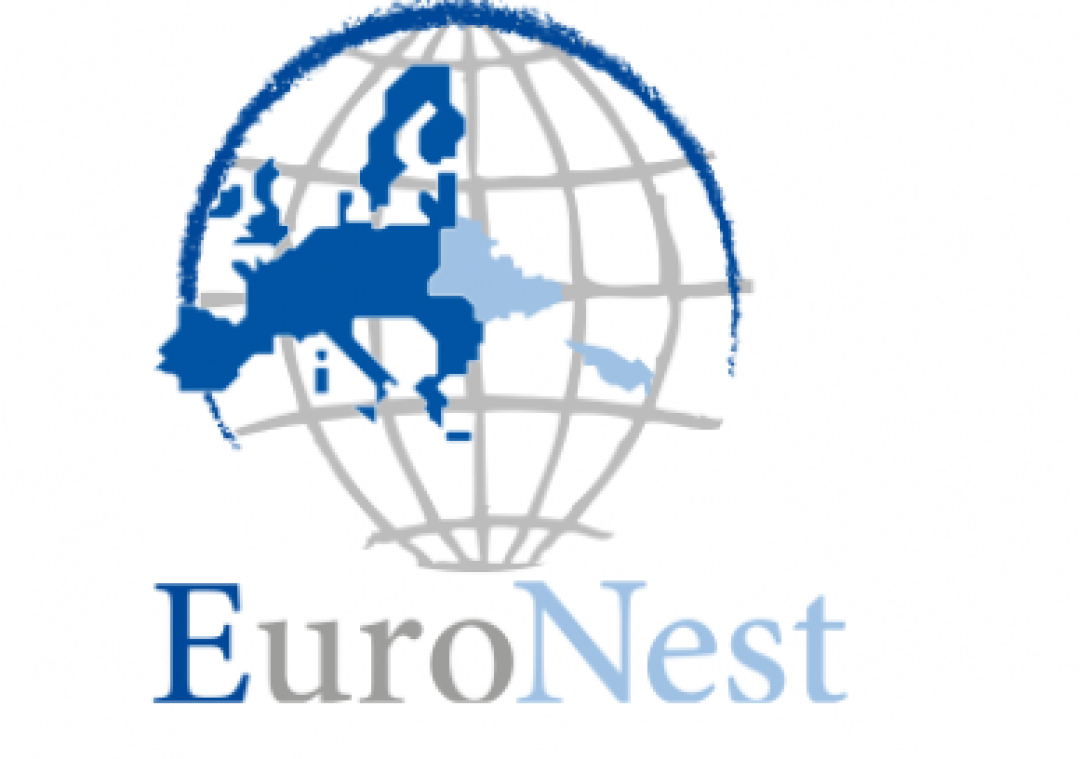
Maka Botchorishvili, leading the Georgian delegation to the EuroNest Parliamentary Assembly, leveled accusations against both the opposition members of her delegation and the Ukrainian delegation for their lack of support towards a proposed resolution concerning the occupied territories of Georgia and the EU integration ambitions of Moldova, Ukraine, and Georgia. The opposition delegates refuted these claims, attributing the inability to secure the necessary ten signatures to register the resolution to the Georgian Dream party's anti-Western sentiments.
The resolution also aimed to:
- Affirm the dedicated effort of Georgia, Moldova, and Ukraine towards EU integration using all possible means;
- Demand Russia to halt military activities in Ukraine, withdraw all forces, proxies, and military equipment from Ukraine's recognized territories, and stop any threats or breaches of Ukraine's independence, sovereignty, and territorial integrity;
- Urge EU institutions and member states to ensure Russia adheres to the ceasefire agreement brokered by the EU on August 12, 2008;
- Encourage EU institutions and Member States to refer to the regions of Georgia, Abkhazia, and the Tskhinvali region as "occupied" territories under illegal Russian control, aligning with the European Court of Human Rights' decision and the International Criminal Court's findings.
The EuroNest Parliamentary Assembly comprises 110 members, 60 from the European Parliament and 50 from the Eastern Partnership countries. At the Assembly's 11th session in Brussels, the Georgian delegation, with nine members, was divided between the Georgian Dream (GD) and the opposition.
Botchorishvili reported on March 20 that the draft resolution was backed only by the Georgian Dream members from the Georgian delegation and three Moldovan representatives, falling short of the required signatures for registration due to the non-participation of the Georgian opposition and Ukrainian delegation.
The National United Movement (UNM), an opposition party in Georgia, countered Botchorishvili's statements as misleading, alleging that the Georgian Dream party tried to register the resolution without consulting opposition members and blaming their anti-Western stance for the lack of support from MEPs.
Commenting on the issue, Botchorishvili clarified in a social media post that the resolution was a collective initiative with Moldovan and Ukrainian delegations and refuted the opposition's claims of unawareness about the resolution. She detailed her efforts to collect signatures directly from opposition MPs and noted the Secretariat's reminders, dismissing the notion that garnering support from 110 assembly members was unfeasible. According to Botchorishvili, the challenge was not in rallying support from the entire assembly but in obtaining the necessary endorsements from the specific delegations of Georgia, Moldova, and Ukraine.
One of the ruling party's leaders, Mamuka Mdinaradze, accused political opponents and the Ukrainian delegation of deliberately disrupting the Georgian Dream project.
The Georgian PM Irakli Kobakhidze saw in the lack of support from the opposition the desire of political opponents to torpedo Georgia's European integration essentially: "Here we were talking about supporting Georgia, supporting its European course. This was discussed in the relevant document. When the opposition does not support such a document, their position is clear. Once again, they confirmed that they are, in fact, opposed to our European integration. It's very sad."
See Also

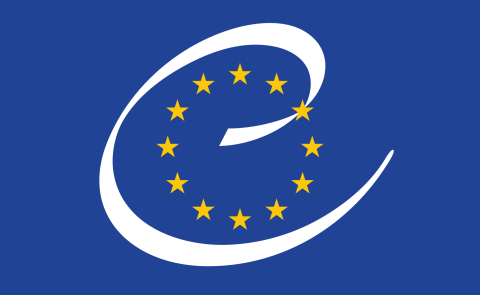
Armenia Strengthens Ties with Council of Europe
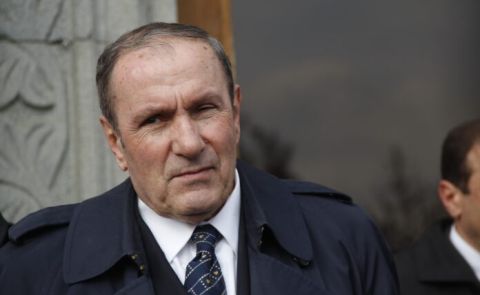
Former Armenian President Labels Pashinyan a Traitor and Blasphemer
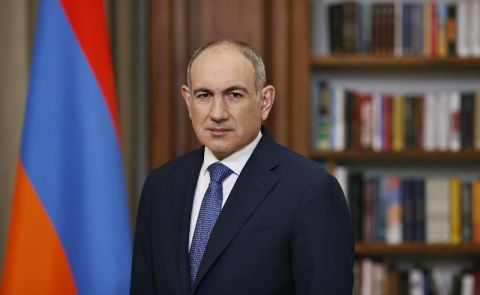
Pashinyan Addresses Key Issues on Church, National Future, and Fund Allegations
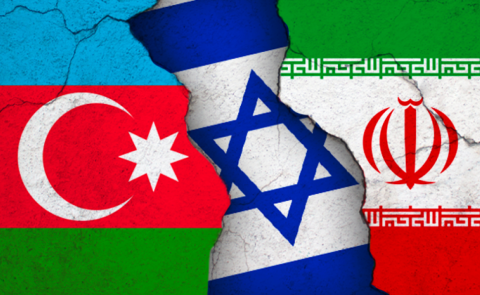
Azerbaijan Calls for 'Dialogue and Diplomatic Resolution' Between Israel and Iran
